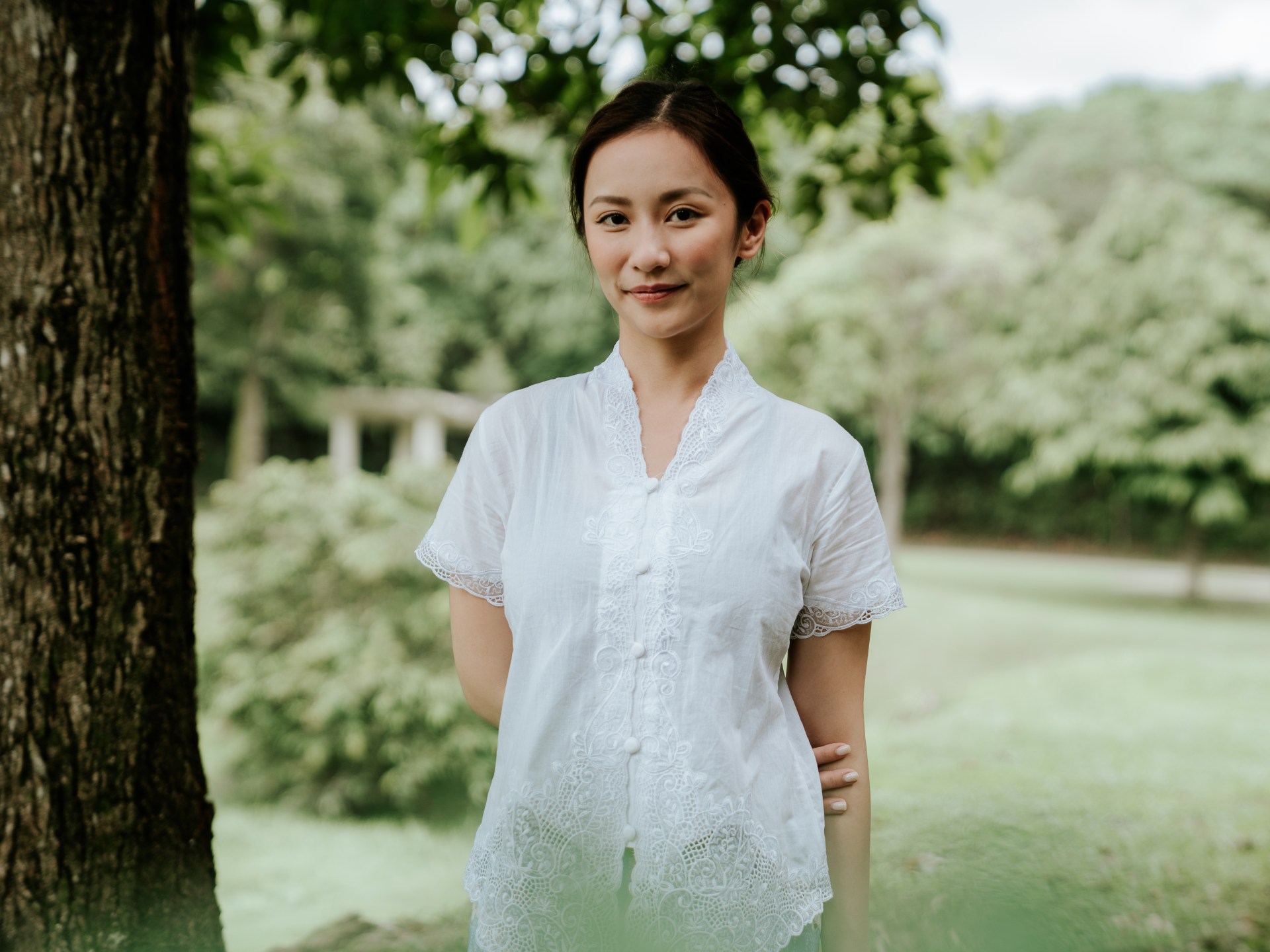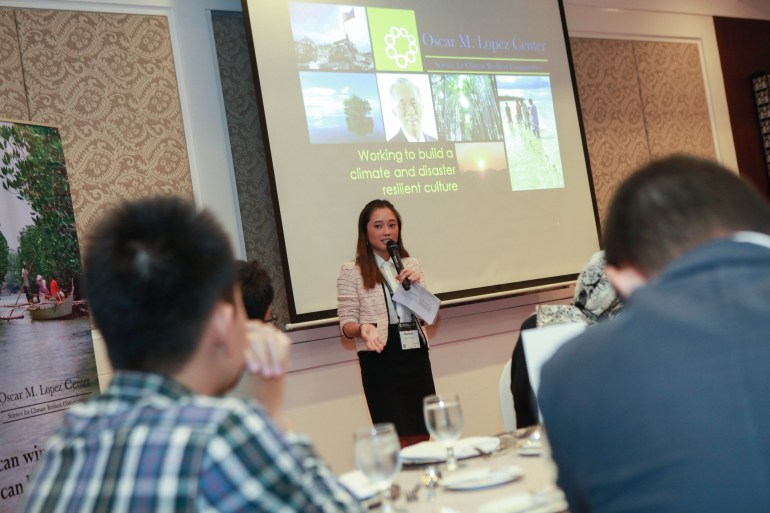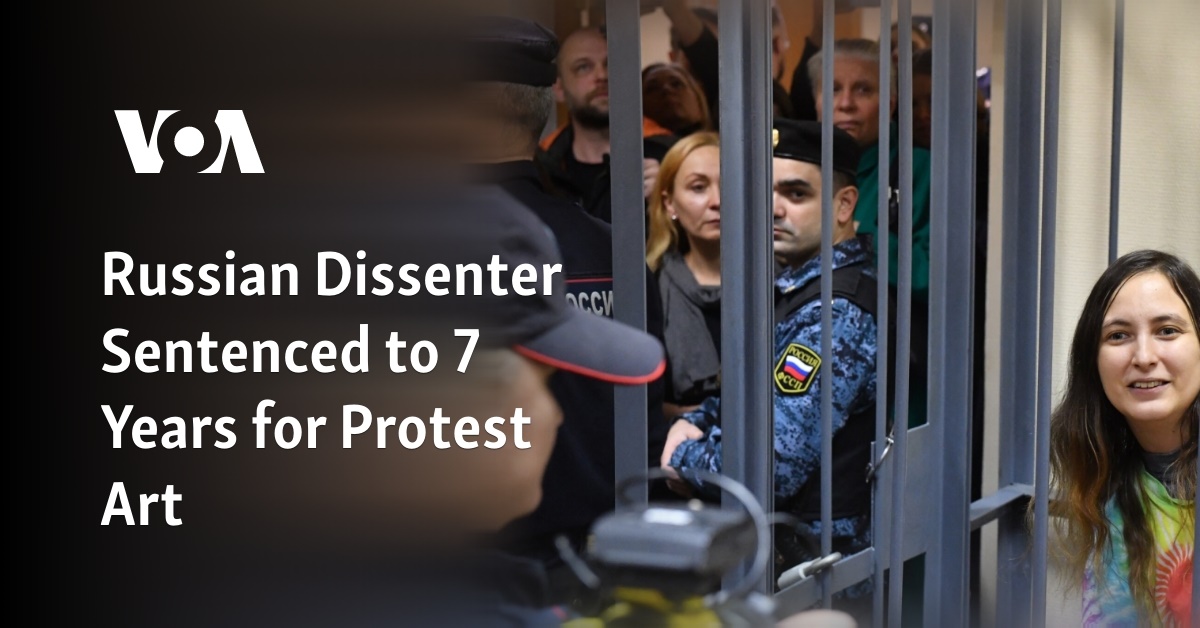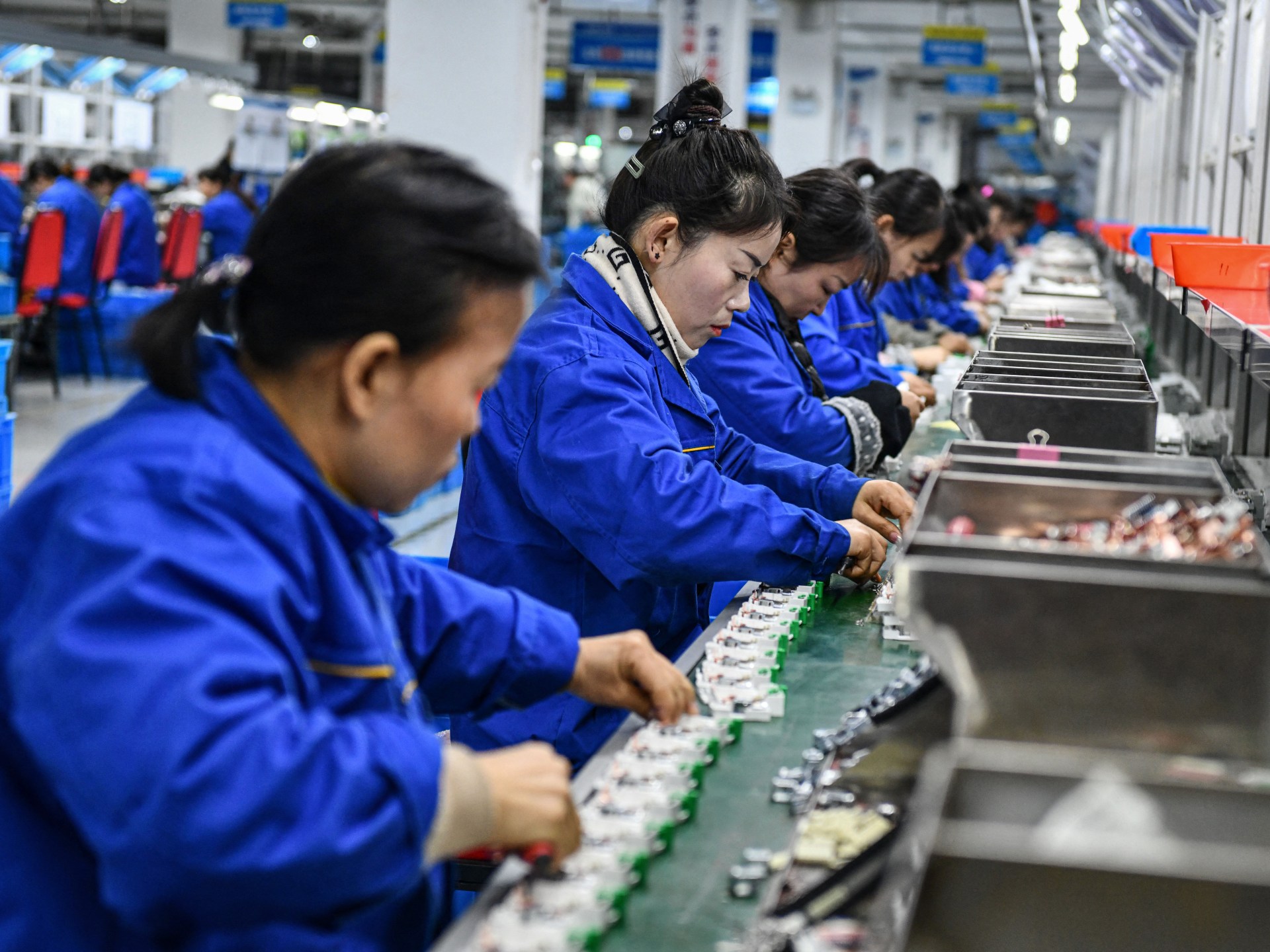
Kuala Lumpur, Malaysia – From Malaysia to Singapore to the Philippines, second- and third-generation family businesses in Asia are taking a different path than their forebears and seeking greener and more sustainable investments.
For some Millennial business heirs, the journey is smooth. For others, the gap between their comfortable lives – which gave them the space to learn about socially conscious impact investing – and their parents’ experiences of growing up in poverty has created conflict.
Malaysian Abe Lim, 27, grew up in circumstances different from those of her father, who left school as a teenager to work as a mechanic and support his family.
Lim’s father built a business making lubricants, soap and dishwashing liquid and recruited her into the company as a young woman, hoping she would one day take over the reins.
But Lim’s youthful idealism soon came into conflict with her father’s traditional, for-profit business model.
“I wanted to do something more impactful. My father’s business was traditionally run with a focus on profit,” Lim told Al Jazeera.
“Instead of prioritizing monetary gains, I wanted to prioritize social and environmental impact. This is something completely new for the previous generation.”
While working at her father’s company, Lim suggested setting up a research and development department to research converting plastic waste into biofuels.
Her father agreed and put some money into the idea.
“When the science showed it was feasible but not economically viable, he stopped,” Lim said.
Lim also contradicted her father on climate change, which he dismissed as “Western propaganda.”
Lim finally decided to leave her father’s company and take the step of becoming self-employed.
Their first venture funded by angel investors was a used furniture marketplace that aimed to reduce waste by promoting recycling.
“But we couldn’t compete because the market wasn’t mature enough,” said Lim.
Lim also had to deal with the superstitious belief in used furniture that is common in Asian culture.
“Some people believe that there are ‘ghosts’ associated with old furniture,” she said.
In 2021, Lim founded Purpose Plastic, which recycles discarded plastic into home accessories, chess pieces, furniture, mahjong tiles and other products.
“We are profitable,” Lim said. “Our biggest orders are always corporate gifts.”
Lim hopes that one day companies will put the environment above profits.
“I would never say it’s impossible because I hope it will happen one day,” she said.
“This is necessary for companies to be on board and participate in sustainable goals [be] a form of incentive. Maybe that will get the ball rolling.”
In August, the law graduate ran for local elections in Selangor state on a manifesto that included action to combat climate change. Although she was unsuccessful, she is willing to run again.
“Right now I want to focus on expanding my base and expanding my environmental work. Being a politician is not just about getting elected, but also about providing long-term solutions to support people’s daily lives,” said Lim, who is a member of the Malaysian United Democratic Alliance, a youth-oriented party.
Catalyst for change
Komal Sahu, a member of the Asian Venture Philanthropy Network, said younger generations are changing perceptions of entrepreneurs by emphasizing the need for companies to have a positive social impact.
“They recognize that their family’s wealth can serve as a catalyst for positive change and meet societal needs that go beyond government assistance,” Sahu told Al Jazeera.
Sahu said second- and third-generation business heirs are embracing socially conscious investments to demonstrate that it is possible to balance financial returns with social and environmental goals.
“By incorporating environmental, social and governance factors into their investment decisions, they are committed to driving positive change while ensuring the financial viability of their companies,” said Sahu.
Still, Sahu said, it should not be assumed that there is always a conflict between new and old ways of thinking about business.
“That’s not always like that. … In some cases, it is the previous generations who are encouraging bolder and more innovative thinking to ensure the continued success of their businesses or their philanthropic efforts,” she said.
A case in point is Filipino Marianna Lopez Vargas, 32.
She is the partnership manager of the Oscar M Lopez Center, a Manila-based climate change research foundation founded by her tycoon grandfather.
Oscar M. Lopez, who made his fortune in telecommunications, energy and real estate, opened the center in 2012 in response to an “alarming lack of funding” to understand the local impacts of climate change and develop adaptation strategies, Lopez said Vargas told Al Jazeera.
Lopez Vargas said she considers herself “very lucky” to be part of a family and organization that aligns with her own personal values.
Because of concerns about climate change, the family’s companies made “a very bold decision” in 2016 to fully divest their energy holdings from coal and pursue an energy portfolio based on clean and renewable energy, she said.
Lopez Holdings Corporation currently has no existing or planned coal-fired power projects. Its energy portfolio consists of natural gas, hydropower, as well as geothermal and solar power – although company bosses have acknowledged that a full transition to renewables is not yet realistic due to the intermittent nature of solar and wind power.

“[It’s] “It was quite ambitious at the time, considering a developing country like the Philippines whose economic development was heavily dependent on fossil fuels,” Lopez Vargas said.
Lopez Vargas is confident that a complete phase-out of fossil fuels will be possible in time.
“It is certainly a possible future if all the enabling factors and the right institutional incentives are in place,” she said. “It is also a necessary transition, but it is happening in a fair, equitable and inclusive way.”
Convincing the older generation to adopt new ways of thinking requires effective communication and a deep understanding of generational differences and perspectives for Millennial business leaders, Sahu said.
“Therefore, many second- and third-generation family businesses … encourage their elders to explore new ideas and adopt innovative approaches by maintaining open, respectful dialogue,” Sahu said.
Singapore-based Brazilian Fernando Scodro, 35, illustrates this point. He is responsible for implementing the investment strategy of the family office Grupo Baoba in Rio de Janeiro.
Scodro taught his family about socially conscious investing after taking a course at the University of Zurich that expanded his knowledge of investment opportunities.
“I translated the entire course into Portuguese for my family. For me it took three months. They learned from me,” Scodro told Al Jazeera.
A few years ago, Scodro’s father invested in CODNI, a startup in Brazil that helps other companies reduce their energy consumption, after seeing a good business opportunity in the profitable company.
“I liked the business model of an energy efficiency company. It resonated with me,” Scodro said. “I said to my dad, ‘Hey, you’re making an impact investment.’ You just didn’t know.’”






Recent Comments